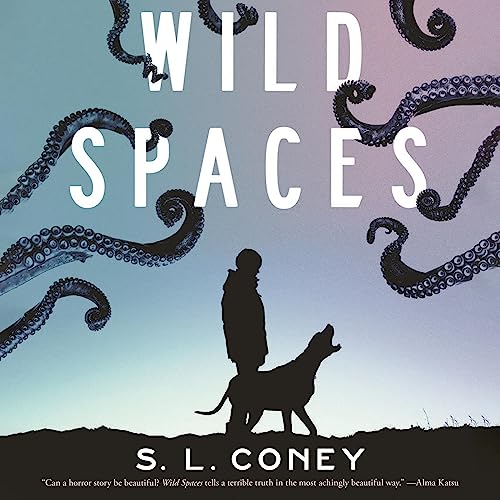 Wild Spaces by S.L. Coney
Wild Spaces by S.L. Coney Narrator: Nick Mondelli
Format: audiobook, ebook
Source: purchased from Amazon, supplied by publisher via Libro.fm
Formats available: paperback, ebook, audiobook
Genres: coming of age, horror
Pages: 122
Length: 2 hours and 28 minutes
Published by Dreamscape Media, Tordotcom on August 1, 2023
Purchasing Info: Author's Website, Publisher's Website, Amazon, Barnes & Noble, Kobo, Bookshop.org, Better World Books
Goodreads
Robert R. McCammon’s Boy’s Life meets H. P. Lovecraft in Wild Spaces, a foreboding, sensual coming-of-age debut in which the corrosive nature of family secrets and toxic relatives assume eldritch proportions.
An eleven-year-old boy lives an idyllic childhood exploring the remote coastal plains and wetlands of South Carolina alongside his parents and his dog Teach. But when the boy’s eerie and estranged grandfather shows up one day with no warning, cracks begin to form as hidden secrets resurface that his parents refuse to explain.
The longer his grandfather outstays his welcome and the greater the tension between the adults grows, the more the boy feels something within him changing —physically—into something his grandfather welcomes and his mother fears. Something abyssal. Something monstrous.
My Review:
Wild Spaces is the story of one boy’s coming of age. It’s the story of a summer that sharply divides a young man’s life between ‘BEFORE’ and ‘AFTER’. And it’s the story of something straight out of Lovecraft Country oozing its destructive way out of a cave on the coastal plains of South Carolina to wreak havoc on that boy and everyone and everything he holds dear.
On its surface, on the surface of the murky water that hides a monster, this is the story about the summer the boy’s grandfather came and outstayed his welcome. It’s about the summer that destroyed the family’s idyll and particularly the boy’s idyllic childhood.
It’s obvious to everyone, the boy, his parents and even his dog, that there’s something not right about his grandfather and this visit. In this summer of his 12th birthday, the boy is aware enough of his family’s dynamic to see that the advent of his grandfather is destroying them from the inside, fractured peace by broken piece.
The boy trusts his parents to fix things – as adults are supposed to do – as they’ve always done. But they don’t. And he can’t. He can’t even articulate what’s wrong, even though he knows the old man has broken something important within them all.
And then it’s too late.
Escape Rating B: Wild Spaces is a story about creeping dread creeping creepily along until it overwhelms the story, the family at its center, the soul of the boy at its heart and the life of the dog at his.
The dog, Teach, who may be the hero of this story because he’s the only character referred to by name, dies at the end, so take this as a trigger warning. Even more triggery, the first time the boy thinks his dog is dead, he isn’t, which makes the point where the dog really does die just that much more devastating at a point where the entire story has become a howl of devastation.
For a story that isn’t normally in my wheelhouse, I ended up with a whole lot of thoughts about the whole thing – sometimes as I was listening to it with no good way to write stuff down.
The narrator did an excellent job of adding to the creeping creepiness because his reading was in what felt like what would be the boy’s slight drawl of cadence. This was, on the one hand, perfect for the story and for being inside the boy’s head, and on the other, it drove me bonkers because I wanted things to happen faster – which leads to this being one of the few audiobooks where I raised the narration speed a bit.
I wanted things to go faster because it was obvious what was coming. That creeping horror is part of the story, it’s supposed to work that way, but I had reached the point where I was shouting at the adult characters to wake the eff up and stop effing up and get the old man out because it was obvious that he was bent on destroying them. And even worse, that they knew it and weren’t doing anything about it – because family.
The old man didn’t have to become a sea monster – which he does – because he is already a monster in human form and would have been a monster if he hadn’t transformed. It was also super obvious that he was trying to groom his grandson to become a monster just like him. Which could have been true and horror-filled horror with or without the actual transformation.
Which leads me straight to the boy transforming into the monster his heredity has doomed him to be. Which still could have been a metaphor for puberty, and going from last week’s Shark Heart, where a man turns into a Great white shark straight to this book, where a boy in the throes of puberty turns into a monster straight out of the Cthulhu Mythos (don’t all teenagers turn just a bit into monsters as puberty ravages them?) was a segue I just wasn’t expecting.
So if you’re in the mood for a short coming-of-age story that will drive you crazy and scare the crap out of you in a slow creeping kind of way, this might be your jam. I was more than interested enough to finish it – and I’m still thinking about it because damn! – but it’ll be awhile before I pick something like this up again. Not because this wasn’t good as what it was, but because it confirmed for me yet again that it just isn’t my reading wheelhouse.

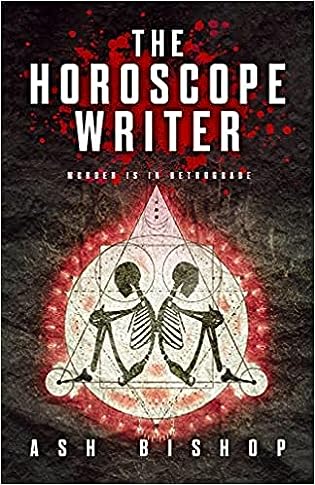 The Horoscope Writer by
The Horoscope Writer by 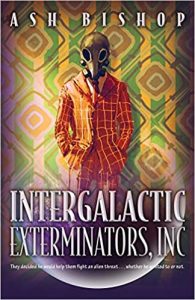 Escape Rating B-: I picked up The Horoscope Writer because I reviewed the author’s debut novel,
Escape Rating B-: I picked up The Horoscope Writer because I reviewed the author’s debut novel, 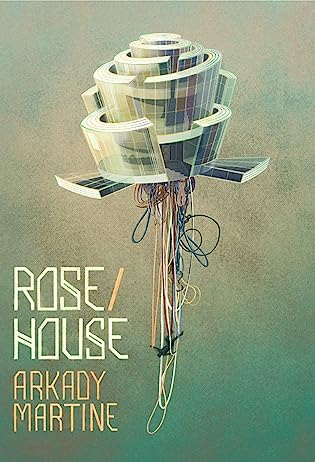 Rose/House by
Rose/House by 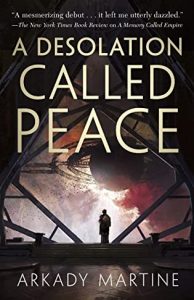 Escape Rating B-: I picked this up because I still miss Teixcalaan. (Yes, I know I said that the ending of
Escape Rating B-: I picked this up because I still miss Teixcalaan. (Yes, I know I said that the ending of 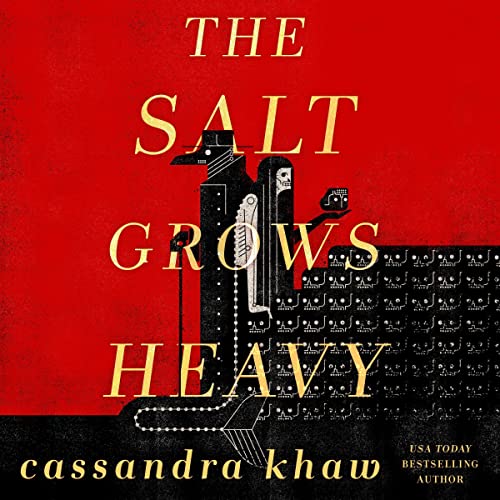 The Salt Grows Heavy by
The Salt Grows Heavy by 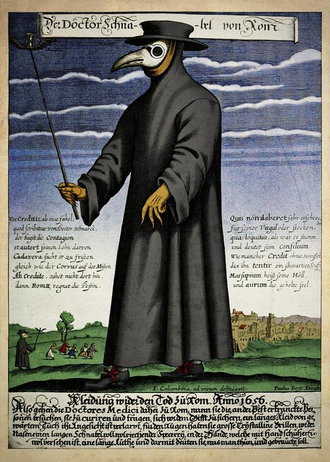
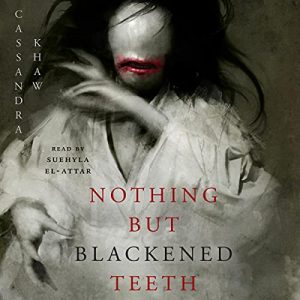 It wasn’t quite as cohesive a story as
It wasn’t quite as cohesive a story as 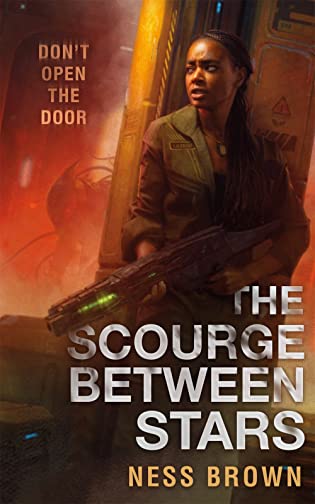 The Scourge Between Stars by
The Scourge Between Stars by 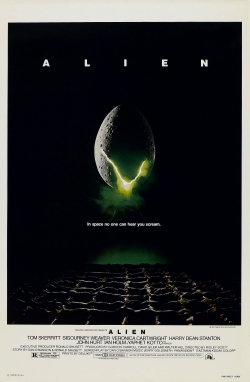 Escape Rating A-: Whether The Scourge Between Stars is science fiction or horror depends on which side of that divide the reader thinks the movie
Escape Rating A-: Whether The Scourge Between Stars is science fiction or horror depends on which side of that divide the reader thinks the movie 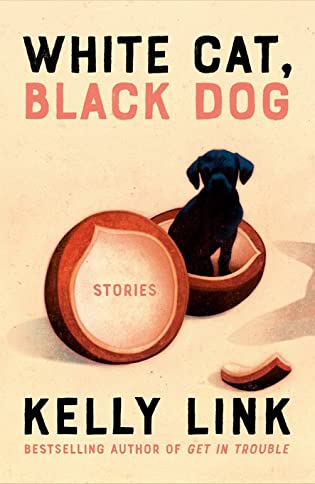 White Cat, Black Dog: Stories by
White Cat, Black Dog: Stories by 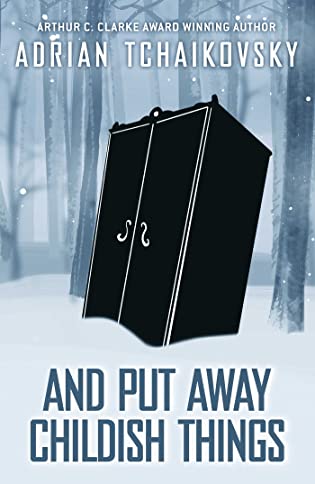 And Put Away Childish Things by
And Put Away Childish Things by 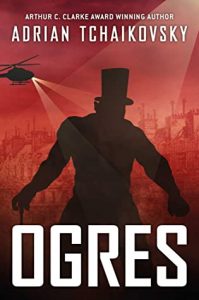 Instead, And Put Away Childish Things mixes the central theme of
Instead, And Put Away Childish Things mixes the central theme of 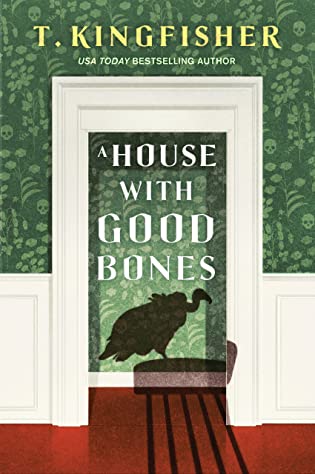 A House with Good Bones by
A House with Good Bones by 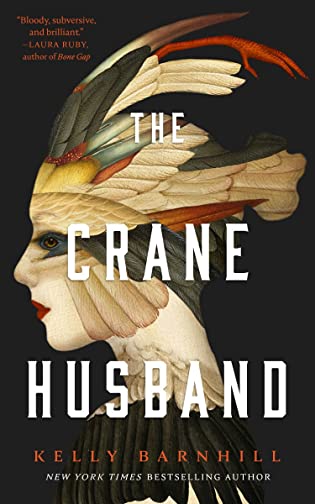 The Crane Husband by
The Crane Husband by 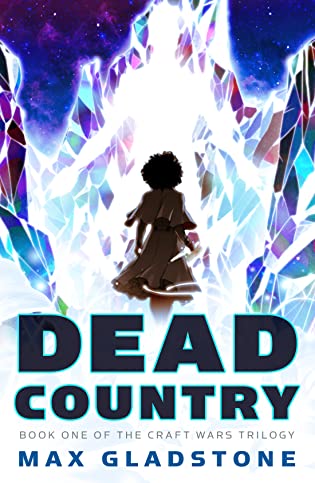 Dead Country (Craft Wars, #1) by
Dead Country (Craft Wars, #1) by 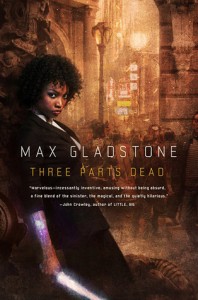 Escape Rating A: Once upon a time (back in 2012) there was a book titled
Escape Rating A: Once upon a time (back in 2012) there was a book titled